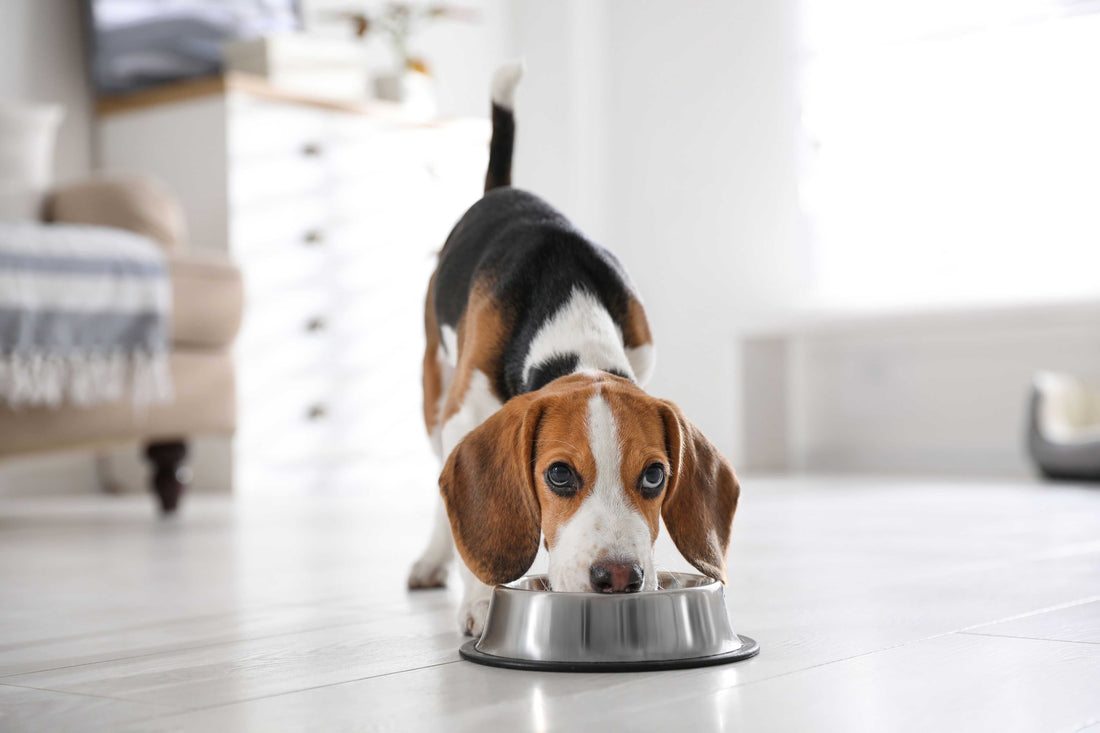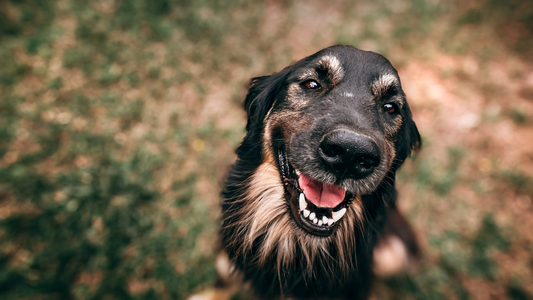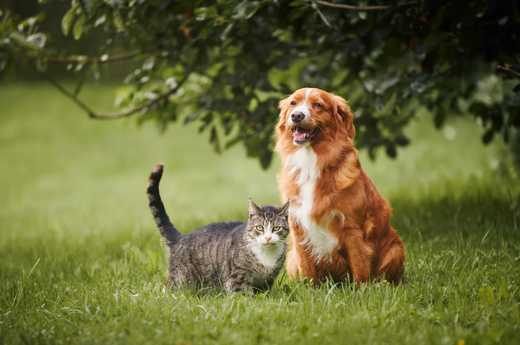At Healthy Pet Co., we know that your pet’s health is paramount. Food allergies in pets can significantly impact their wellbeing, causing discomfort and health issues. This guide will help you identify common food allergens and choose the diet for your furry friend.
Understanding Food Allergies in Pets
Food allergies occur when a pet's immune system reacts negatively to specific proteins in their diet. Unlike food intolerances, which cause digestive issues, food allergies trigger an immune response, leading to symptoms such as itching, skin irritations, and gastrointestinal problems.
Common Symptoms of Food Allergies
Pets with food allergies may exhibit a range of symptoms. These include:
- Itchy Skin: Persistent scratching, particularly around the ears, paws, and rear end.
- Gastrointestinal Issues: Vomiting, diarrhoea, and gas.
- Ear Infections: Chronic or recurrent ear infections.
- Skin Problems: Red, inflamed skin, hot spots, and hair loss.
If your pet shows any of these symptoms, it’s essential to consider food allergies as a potential cause and consult your vet.
Identifying Common Food Allergens
Several common ingredients in pet food can trigger allergic reactions. These include:
- Beef: A frequent culprit due to its widespread use in pet foods.
- Chicken is another common allergen often found in cat and dog foods.
- Dairy Products: Milk, cheese, and other dairy items can cause reactions.
- Wheat: A grain that can trigger allergies in some pets.
- Soy: Often used as a protein source in pet foods, soy can be an allergen.
- Eggs: Egg proteins can cause allergic reactions in some pets.
- Fish: Though beneficial for many pets, fish can be an allergen for some.
Conducting an Elimination Diet
An elimination diet is the most effective way to identify specific food allergens. This involves feeding your pet a diet that eliminates common allergens for a set period, usually 8-12 weeks.
During this time, avoid all other foods, treats, and table scraps. Here’s how to start:
- Consult Your Vet: Always begin with professional advice.
- Choose a Novel Protein Source: Select a protein your pet hasn’t eaten before, such as duck, venison, or rabbit.
- Eliminate Common Allergens: Remove all potential allergens from their diet.
- Monitor Symptoms: Keep a detailed record of your pet’s symptoms throughout the process.
- Reintroduce Foods: Gradually reintroduce foods individually to identify the allergen.
Selecting Suitable Diets for Allergic Pets
Once you’ve identified the allergens, choosing the right diet is crucial. Here are some options:
Hypoallergenic Diets
Hypoallergenic diets are specifically formulated to avoid common allergens. These diets use novel proteins and carbohydrates and are often prescribed by veterinarians. They are a safe choice for pets with severe food allergies.
Limited Ingredient Diets
Limited ingredient diets (LIDs) contain fewer components, making it easier to pinpoint the allergen. These diets focus on a single protein and carbohydrate source, reducing the risk of triggering an allergic reaction.
Home-Cooked Meals
For some pet owners, preparing home-cooked meals is the best way to control their pet’s diet. This method allows you to choose the ingredients and ensure they are allergens-free. However, working with a vet is essential to ensure the diet is nutritionally balanced.
Preventing Food Allergies in Pets
Preventing food allergies involves more than just selecting the right diet. Here are some additional tips:
- Introduce New Foods Gradually: When trying new foods, introduce them slowly to monitor for any adverse reactions.
- Avoid Table Scraps: Human food can contain potential allergens that are harmful to pets.
- Read Labels Carefully: Always check ingredient lists for known allergens.
- Consult Your Vet: Regular check-ups and consultations with your vet can help manage and prevent food allergies.
Managing and Monitoring
After identifying and eliminating allergens, continue to monitor your pet’s health. Regular vet visits and keeping a detailed food diary can help manage their condition effectively. Pay attention to any changes in their behaviour or symptoms and adjust their diet as needed.
At Healthy Pet Co., we're here to help you keep your beloved pet healthy and happy. We understand the importance of managing food allergies for their overall wellbeing.
By identifying common allergens and selecting the right diets, you can ensure your furry friend enjoys a joyful and healthy life. For more tips and top-notch, vet-approved products, explore our resources. Let’s work together to help your pets thrive!




